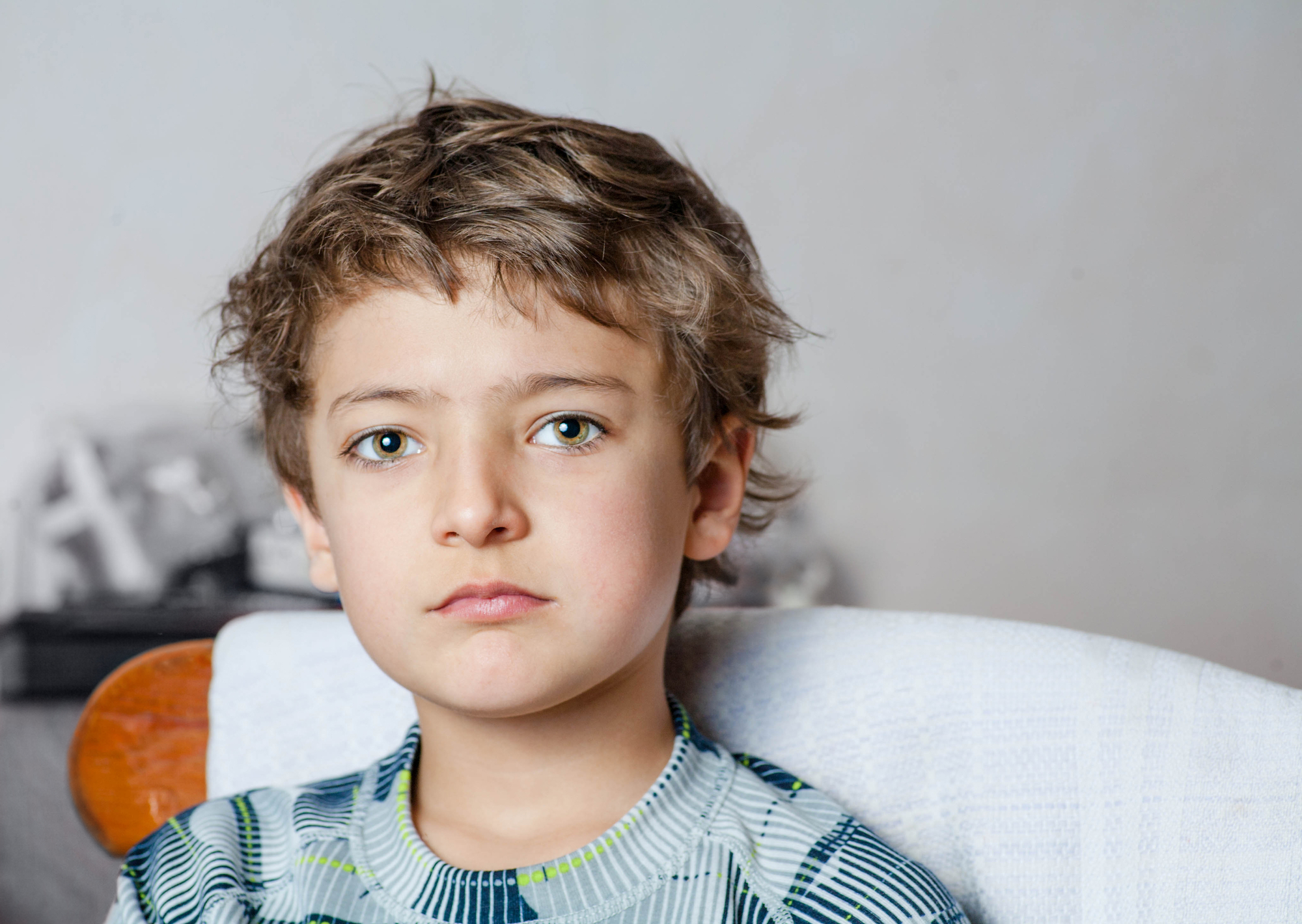With greater awareness comes an increased understanding of variables. People, children included, who have keen insight into situations, events, and circumstances are adept at seeing everything that could potentially go wrong. It’s therefore unsurprising that recent research reveals there is a strong correlation between intelligence and nervousness: The more intelligent a child is, the more likely it becomes that he or she will develop chronic anxiety.
The Research Linking Anxiety and Intelligence
Several prominent studies analyzing the link between a high IQ and anxiousness have been conducted in recent years. Among the most notable of these is a study created by researchers at Canada’s Lakehead University: In this study, 100 students were asked to fill out a questionnaire that assessed both their levels of anxiety and their verbal IQ. The results clearly indicated that the students with a high verbal IQ were generally more worried than their less intellectually adept peers.
These findings are supported by similar studies, such as a behavioural experiment conducted by a team of Israeli psychologists. The psychologists observed how students responded to a series of anxiety-producing events, which were arranged as follows: After being instructed to evaluate a piece of artwork via a computer program, the students were confronted by a fake computer virus (which they, of course, believed to be real) and told to go see technical support for assistance. Along the way, each student was presented with a series of four more hurdles to overcome (all of them apparently “normal” events like a person stopping him and asking him to respond to a survey, a person dropping a stack of papers in his path, and so on). The psychologists found that the highly intelligent students showed the greatest urgency when trying to reach the tech support office, suggesting that they experienced a more extreme degree of concern over the situation. These findings build on previous research conducted by the same two psychologists, Tscahi Ein-Dor and Orgad Tal, which had revealed that young people with high IQs are more alert to signs of danger in their environment, e.g. the smell of smoke. Furthermore, another researcher (a psychiatrist working with the SUNY Medical Center in the United States), studied a group of individuals who had been diagnosed with a chronic anxiety disorder and came to a similar conclusion: Patients with more severe symptoms tended to have higher IQs.
According to neuropsychologists at the National Institutes of Health (NIH), the link between anxiety and high intelligence is based in biology rather than personality. Through conducting a number of MRI scans on the brains of people with high intelligence and anxiety, they were able to identify a particular brain anomaly in all of these patients: A specific area where the white matter was noticeably depleted. This development could only have occurred over thousands of years of evolution, suggesting that anxiety and high intelligence developed together over the course of human evolution.
Making Sense of the Data
For parents, the most important thing to understand is that the tendency to experience anxiety need not be a limiting factor for their highly intelligent children. Research has revealed that although anxiety and intelligence are linked, anxiety neither predicts success nor automatically bars a person from achieving their full potential. Instead, what matters most is the individual’s access to support and his or her ability to adopt effective coping mechanisms. By understanding anxiety—how it works, its “pros and cons,” and how one can deal with it—parents can do a lot to help their intelligent children navigate the world with mindful awareness rather than heightened tension.
On the Negative Side
One of the most potentially limiting aspects of anxiety is its ability to combine with an intelligent child’s natural aptitude for analysis and critical thinking. When this happens, the child begins to imagine all manner of negative scenarios that could potentially arise from whatever action he (or she) is considering. This not only leads to excess worry, it also creates a strong fear of failure that can hold children back from making friends and trying new things.
To counteract this tendency, parents should teach their children how to live in the “now.” Mindfulness exercises can be very helpful in this area, as can active, engaging pursuits like sports. Children also need to be encouraged to consider “why not” rather than just “what if”; that is to say, they should be told to think also of the regret that will come with not pursuing their dreams and goals.
On the Positive Side
Anxious children benefit greatly from learning that anxiety is not an entirely unhelpful phenomenon. When they see that anxiety is not inherently “bad,” it becomes easier for them to understand that they are not fundamentally flawed as people.
Anxious children should be reminded that the combination of anxiety and intelligence leads to better risk awareness and analysis. This empowers bright children to avoid potentially dangerous situations and help others avoid them, too. Indeed, this enhanced ability to detect danger and make plans to avoid it is part of what has made our species so successful.
Final Thoughts
Though it’s tempting to make black and white associations between anxiety and intelligence, parents are advised to avoid jumping to conclusions or making broad generalizations. While it’s true that anxiety and high intelligence appear to be linked, not all highly intelligent people experience anxiety. Additionally, there is no evidence to suggest that low anxiety is a hallmark of poor intelligence. There are many different types of intelligence and many different types of children; whether your child has anxiety or not, the most important thing is to embrace and cherish him for who he is. Remember, too, that if your child starts to struggle particularly intensely with anxiety, there is always help available. A mental health professional can give your child additional coping strategies that will help him overcome the negative aspects of his anxiety and live a happy, successful life.


